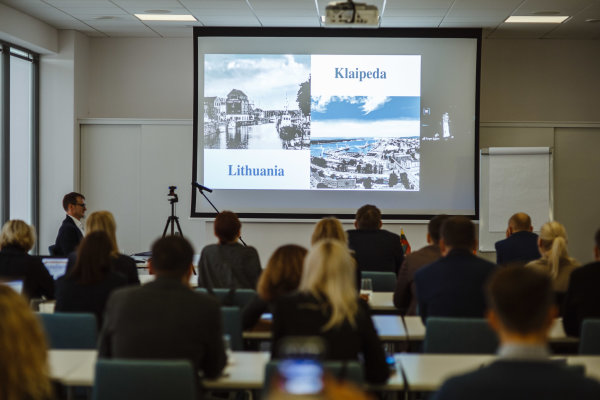Klaipėda harnesses foreign experts for the development of blue economy

Scientists and practitioners of international renown will share their knowledge of shipping, ports, biotechnologies and other prospective areas at Klaipėda University (KU). By making use of the unique Blue Growth Leaders Academy programme, the port city looks to accelerate the growth of its blue economy.
Initiative supported by Norway
During an opening event held at the KU Maritime Research Institute on October 8, select programme participants from business, municipal and other organisations gathered for the first time.
Klaipėda Science and Technology Park, the Maritime Cluster it coordinates, as well as Klaipėda economic development agency Klaipėda ID took the initiative in establishing the Blue Growth Leaders Academy alongside KU. The port city’s goal, which is established in its strategy Klaipėda 2030, is to focus on the sustainable use of maritime resources and the growth of blue economy, becoming a key guideline for the implementation of this project.
During his address to the academy’s participants, KU rector professor Dr Artūras Razbadauskas emphasised the project’s significance for the seaside region. “This initiative is of importance not only to Klaipėda University, but also to the city and the entire region. The port city created the “Blue Breakthrough” strategy and now the participants of the academy have the opportunity to accumulate knowledge, share ideas, discuss and become the region’s blue economy growth leaders,” the head of KU said.
Blue Growth Leaders Academy participants were also welcomed by Klaipėda city mayor V. Grubliauskas and Norwegian Ambassador to Lithuania Ole Terje Horpestad who visited Klaipėda especially for the occasion. With their strong background in blue economy and successful development of various projects in this domain, the Norwegians seek to share their experiences and have allocated support for the programme being developed in Klaipėda.
Regretfully due to the pandemic, Professor Torget Reve could not participate in the opening event in Klaipėda, and so presented an introductory course on blue economy to the audience remotely. The representative of BI Norwegian Business School, which has gained excellent recognition in international ratings, is one of the most prominent business thinkers in the Northern countries. T. Reve’s talk was supplemented with insights from Tom O. Kleppestø, the head of the Norway-based organisation Shipping & Offshore Network, and the executive director of Ocean Industry Forum Oslofjord.
Business is receptive to new knowledge
Over 30 programme participants attended the introductory Blue Growth Leaders Academy course, and interest in participating was expressed by representatives from the maritime and energy sectors, from companies developing digitisation and other technological solutions, as well as by public sector officials whose activities involve inter-institutional cooperation and strategic decision making.
Eimantas Kiudulas, the head of Klaipėda Free Economic Zone (FEZ), says that the Blue Growth Leaders Academy is an excellent impetus for the port city in seeking to strengthen its professional ecosystem based on innovation, and green and sustainable technologies. “As a city, Klaipėda chose the path of high added value development, which demands a broad outlook, international partnerships and constant improvement. Across the world, not only maritime but also clean and sustainable technologies, as well as automation are gaining ever greater traction, and Blue Growth Leaders Academy’s programme focuses on these aspects to a great extent. Hence, I am not surprised that some of the FEZ community’s members immediately joined the project, and I have no doubt that the knowledge, experiences and connections gained during the programme will continue to strengthen the port city as a regional hub of innovation, and its application in business,” says E. Kiudulas.
Association of Lithuanian Stevedoring Companies (LJKKA) head Robertas Valantiejus says that the greatest incentive to join was the aim of getting acquainted with the newest trends in the maritime industry: “I expect to renew the knowledge I already have in port process management, and expand it by including topics which I have not delved into particularly much thus far. Blue biotech, maritime wind power and other industries – it will be interesting to find out more about this from experts.”
According to R. Valantiejus, the programme should serve to strengthen scientific-business ties. “The fact that company representatives are offered favourable conditions to coordinate studies and everyday activities contributes to increased business involvement. This factor also had a significant impact on my decision to participate,” the head of LJKKA noted.
Programme participant Karolina Barvydė from Klaipėda said that she resolved to apply because she recently began working at UAB Western Baltic Engineering’s ship design team: “I entered this company from a completely different domain because I studied environmental and recycling industry engineering, but I changed my professional path after considering the truly excellent conditions for working in the maritime industry. I dreamed of working in a large company, contributing to interesting and meaningful projects, and when I found out about the Blue Growth Leaders Academy programme, I had little doubt. I am glad to have entered the first cohort of participants, and expect to obtain much here,” K. Barvydė said.
For leaders – a commitment to bring changes
The innovation management-focused second course of the Blue Growth Leaders Academy programme will gather participants in early November. Oxford University professor Dr Lisa Covey will share her knowledge with participants which spans more than 30 years in innovation management, the creation of new products and intellectual property.
The Blue Growth Leaders Academy programme will last ten months, and lectures will be offered by invited lecturers from Sweden, Hungary, Spain and Denmark.
The creation of valuable partnerships, innovative projects and the identification of new business niches drive the hope that the benefits brought about by the initiative will spread far beyond university auditoriums, and will encourage positive processes both in Klaipėda city and the Western Lithuanian region.

